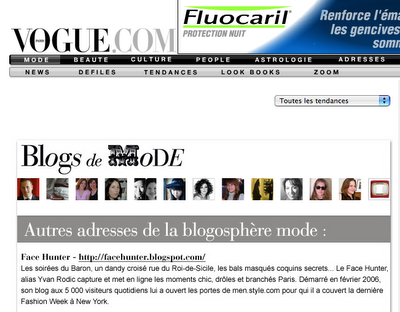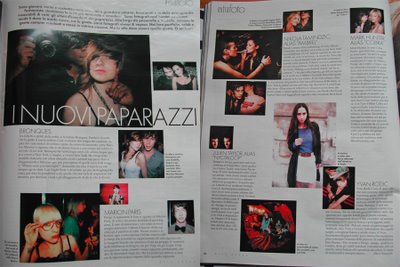


A government big enough to give you everything you want is a government big enough to take from you everything you have.
A nice case study for the Pigou Club files.It would seem intuitive: If gasoline prices become painful enough, people will find ways to cope, such as car-pooling or using mass transit. Now there are statistics to buttress that assumption in at least one respect.
They come in a state Department of Transportation report completed only last month and based upon monitoring of the high-occupancy vehicle lanes on interstates 91, 84 and 384. Those 38 miles of HOV lanes are restricted to vehicles carrying two or more people, and the DOT surveys their usage every year in mid-September.
In 2005, with gas prices at $3.16 a gallon, daily use of the HOV lanes hit an all-time high, about 10,180 people during the morning rush hours.
For anyone who thought those high gasoline prices might lead people to change their commuting habits for the long term, however, the new numbers are disappointing. This September, a year later, with gas prices at $2.77 a gallon, daily usage plummeted to 2004 levels, 8,523 people during the morning rush. On I-91 southbound, 1,324 vehicles carried 3,854 people during the commute to work, representing decreases of 28 percent and 16 percent from the previous year.
"HOV usage does follow pretty closely with the gasoline per-gallon pricing," said Jim Andrini, a transportation supervising planner at the agency.

Here is a previous post on zeroing.In addition to the U.S. International Trade Commission deviating from its conventional script and revoking 15 longstanding antidumping measures on key steel products, the Office of the U.S. Trade Representative announced to Congress the administration�s decision to implement a critical change to the Commerce Department�s antidumping calculation methodology, which, if implemented in good faith, will likely reduce the incidence and disruptive impact of antidumping measures henceforth. In response to a series of rulings from the dispute settlement body of the World Trade Organization, which found a U.S. methodological practice known as �zeroing� to violate Article 2.4.2 of the WTO�s Antidumping Agreement, Commerce decided (albeit, grudgingly) to change it�s policy.



From today's Washington Post.I am not an international economist, to say the least. I had to struggle to get through Ec 1 my sophomore year of college. But I am a careful reader of the business and economic reporting of my newspaper, so I think I am qualified to ask two questions -- neither of which are answered in this report -- about those scary folk in south and east Asia.
Question one: Isn't the freedom and flexibility of American culture and politics, not the quality of our educational system, what has given us such power in the world? India appears to have adopted many of those freedoms and its people have a chance to be just as creative as we are. But I have spent much of my life studying China and I don't see any way that country is going to set its great culture free any time soon. The China brain drain will be in our favor until Beijing adopts democracy and human rights, and that will take a long time.
Question two: Even if both India and China do attain that potent blend of liberty and creativity, how exactly is that going to hurt Americans? Their economies are thriving because world commerce is losing its dependence on borders and tariffs, and the old way of thinking (accepted without question in this report) that if some poor countries get rich, then some rich countries, like us, are going to become poor. The experts on these issues that I find most persuasive point out that only countries cut off from the world economy, like North Korea, are declining, and that is because they are not globalized. Everyone else is discovering that the better off India and China and El Salvador and Tanzania become, the better off we all are. The more middle-class people overseas, the more customers there will be for the newest gizmos that our large and innovative middle-class country keeps coming up with.






Merry Christmas, everyone!

At the turn of the 20th century, child labor was common; working conditions were often abysmal; there were no enforced workplace health, safety or environmental requirements; no unemployment insurance; and no workers' compensation. Workers were attacked and killed for the sole reason that they wanted to form a union; there was no 40-hour week, minimum wage, job security, overtime pay or virtually any other limit on the exploitation of employees. America was split dramatically between the haves and have-nots. It was a harsh work world for many: nasty, brutish and, too often, short. Worker activism, new laws and court decisions changed all that during the past century.That last sentence is striking. There is no doubt that most Americans have seen dramatic improvements in living standards and workplace norms over the past century. But should we really give most of the credit to "worker activism, new laws and court decisions?" I don't think so.